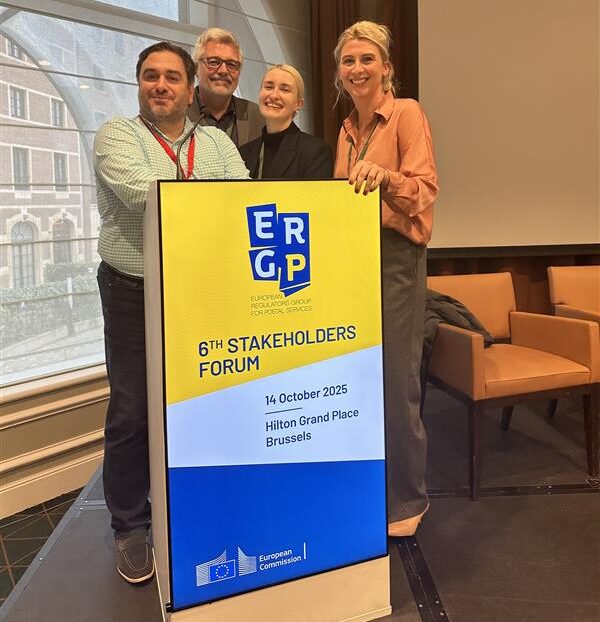- About us
- Expert Services
-
Back
Expert Services
See all - International Reach
- Global Customs Clearance
- Delivery Solutions
- Specialised Delivery
- Commerce
-
- Geopost Live
-
Back
Geopost Live
See all - Press Releases
-
- Driving change
-
Back
Driving change
See all - Sustainability
- Innovation
- Market Insights
-
- Join Us
Home / A Call for Smarter Regulation & Sustainable Growth in European Parcel Delivery


